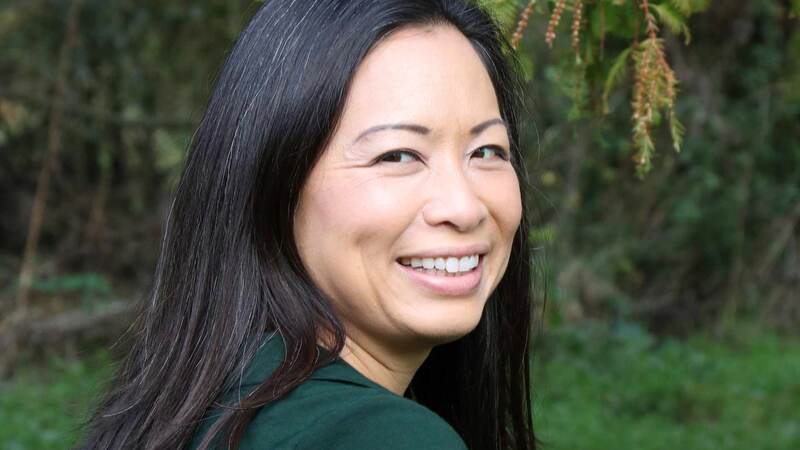You are viewing your 1 free article this month. Login to read more articles.
Claire Tomalin on Samuel Pepys: The man who studied himself
Claire Tomalin, biographer of Jane Austen and Mary Wollstonecraft, has taken the 17th-century diarist Samuel Pepys as her latest subject.
"I do think that Pepys' diary is one of the most extraordinary pieces of writing in the English language. From the very first page, where Pepys writes about the political situation and his wife not having her period in the same paragraph, his openness is really something that has not been paralleled.
"The shape of his life is fascinating: Pepys grew up under Cromwell, was at the execution of Charles I, and in the span of his life became the servant of the Stuarts and then a Jacobite with a deep personal loyalty to James II. He rose very high in his professional life at the Navy Board; the Navy at that time was the biggest employer in the country, so it was a very important job he got himself into.
"I think his early life was very important. He was the son of a not very successful tailor, and he saw so many of his brothers and sisters die. He was the survivor: very early on he had a sense that he was the member of the family who was going to do things. Then he had the experience of being taken by his uncle to this great house in Surrey and seeing a grand family living there, putting on plays and asking little Pepys if he would take a part. I think this gave him a vision of what life could be, and inspired him to make something of himself.
"He made the terrible false step of marrying for love, which was a completely absurd thing to do at that time. He must have known you were supposed to see marriage as a step up, instead of marrying a penniless, half-French girl of just 14.
"Pepys had the ability to stand aside from himself and observe his own behaviour. That is very unusual in a diarist. I start the book with an account of a quarrel between him and his wife in 1663, which is remarkable because he presents himself as behaving extremely badly: bullying her, tearing up her papers.
"The whole picture of marriage as he gives it in his diary is one of his great achievements. As an account of middle class marriage, where women were economically dependent and men saw themselves as the important partner, it could really stand up until the 1950s. And what I love about his account is how fluid it is: it is almost impossible to say whether this was a happy marriage or an unhappy one, whether they loved or hated each other--just as relationships are. She fights her corner, and he shows her fighting her corner--she knows how to play on his jealousy and how to defeat him in argument.
"Every taxi driver in London will tell you, 'Oh Pepys, he was always after the girls.' And he was, he had a large sexual appetite. In several cases, he behaved absolutely atrociously, molesting the women, but I find the whole business of sitting in moral judgement on characters you write about very complex. Pepys himself stood aside from his behaviour and said: 'This is how a man is, this is how a man behaves.'
"I feel that as a writer he was using his own experience as a way of showing what human life is like. Scientists of the day were observing the physical world, and in the same way Pepys was observing the pattern and texture of human life."









